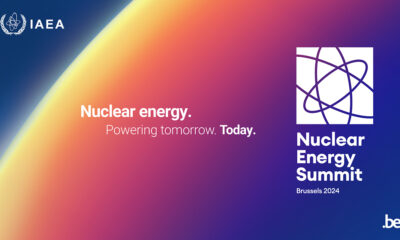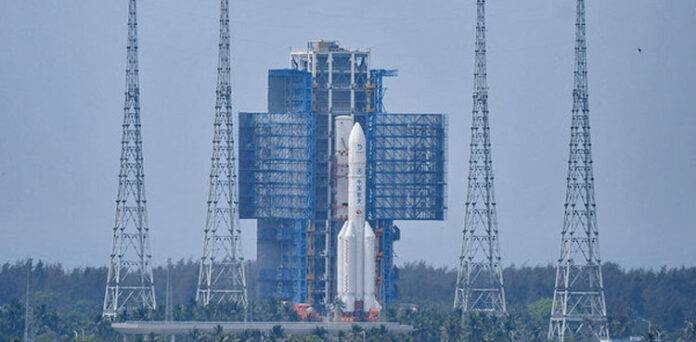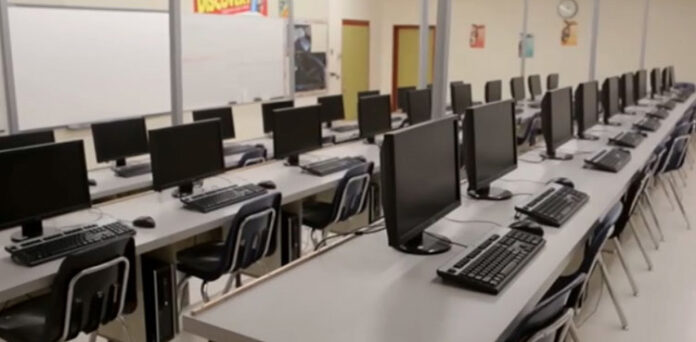Tech
Humanity at risk: Musk, others ring alarm bells over hasty ‘giant AI experiments’
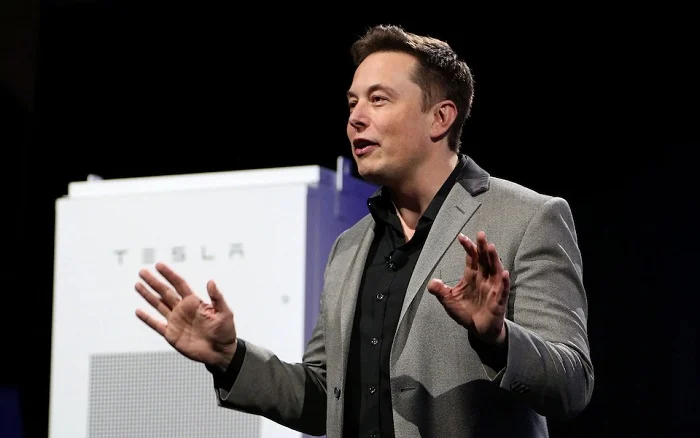
Business
Pakistan’s lunar mission ‘ICUBE-Q’ reaches the moon orbit.
Education
The establishment of IT labs in Islamabad’s educational establishments
Latest News
Pakistan launches first-ever lunar mission with iCube Qamar
-

 Latest News2 days ago
Latest News2 days agoThe women’s team from Pakistan travels to England for a white-ball series.
-

 Business2 days ago
Business2 days agoSaudi investment and falling inflation cause Pakistani stocks to soar.
-

 Pakistan2 days ago
Pakistan2 days agoTo discuss privatisation with the government, Bilawal establishes a committee.
-

 Business2 days ago
Business2 days agoNine months yields Rs66 billion for Pakistan Railways.
-

 Business2 days ago
Business2 days agoSaudi investment is most suited for Pakistan, according to Ibrahim Al-Mubarak
-

 Education2 days ago
Education2 days agoThe establishment of IT labs in Islamabad’s educational establishments
-

 Latest News2 days ago
Latest News2 days agoThe wheat controversy is downplayed by Anwar-ul-Haq Kakar as a “storm in a teacup.”
-
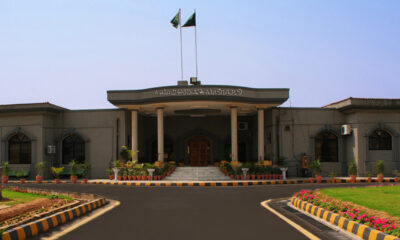
 Latest News2 days ago
Latest News2 days agoToday, 190 million pounds in NAB reference cases and cypher will be heard by the IHC.









